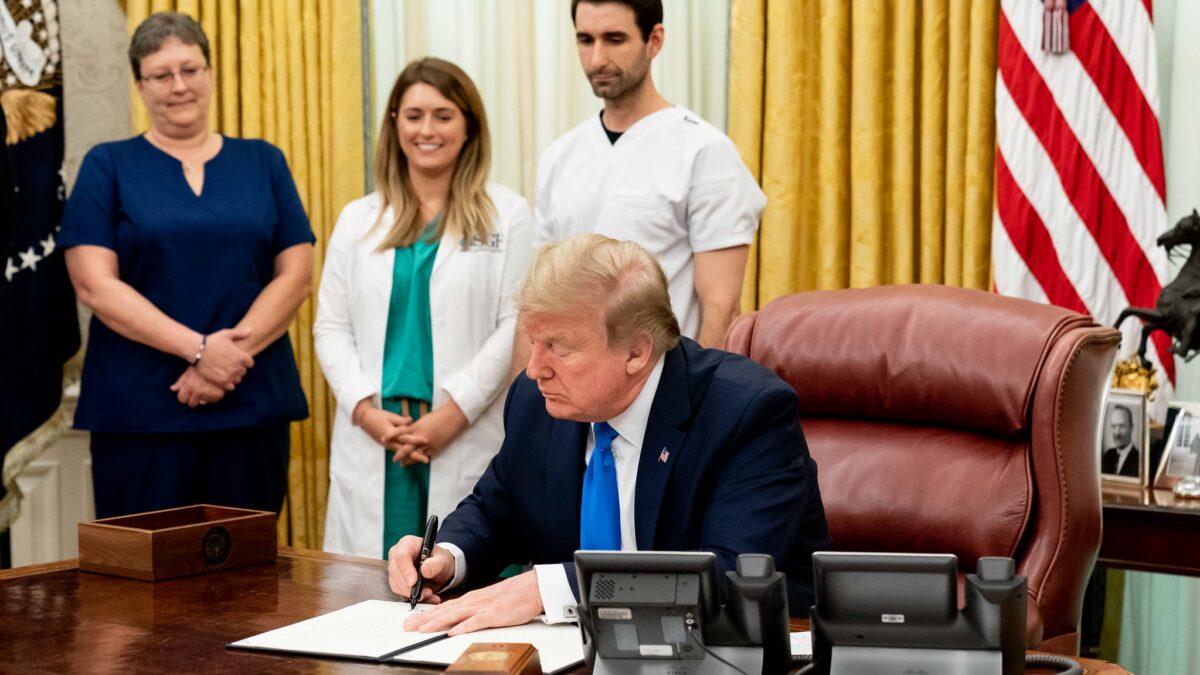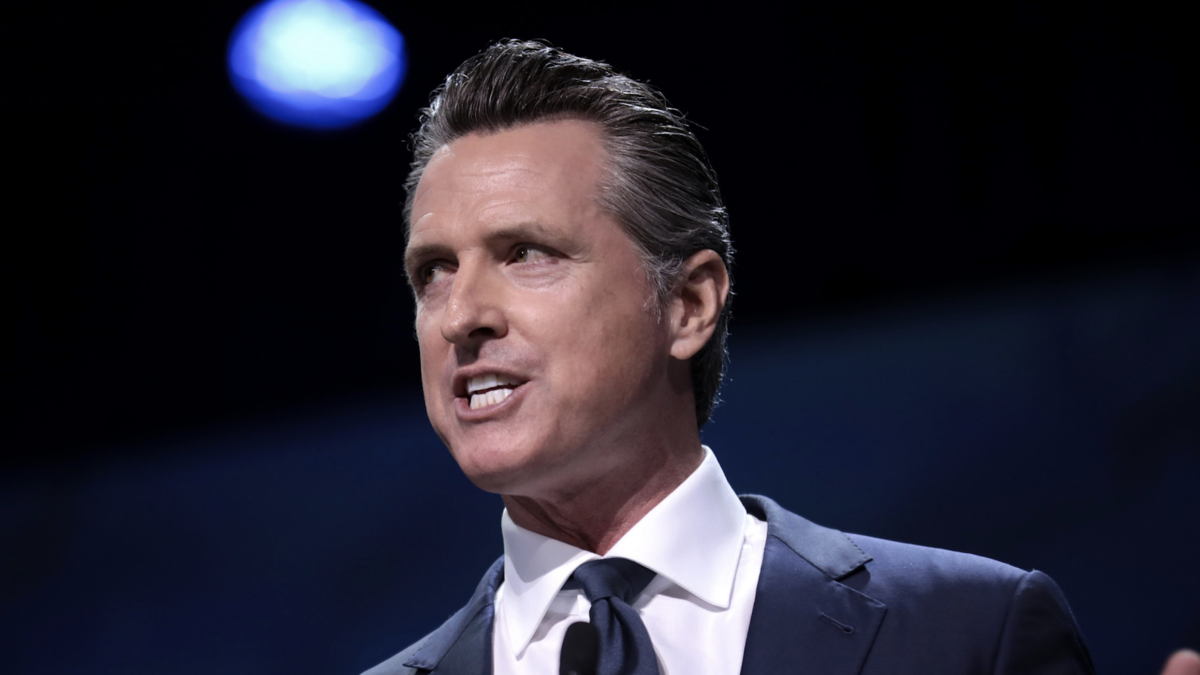
During the most recent Democratic primary debate in New Hampshire, former South Bend Mayor Pete Buttigieg claimed that his health-care plan, unlike the single-payer proposal advocated by Vermont Sen. Bernie Sanders, would “not polarize the American people.” But contra the candidate’s claims, Buttigieg’s health plan advocates a policy—government price controls on the entire health-care sector—even more far-reaching than Sanders’s socialist approach.
Others have exposed how Buttigieg’s plan would force people to buy insurance costing thousands of dollars, whether they want it or not. But his proposal for government price controls across a $4 trillion health-care sector represents the most radical idea yet—because, unlike Sanders’s plan, individuals appear to have no way to opt out.
National Price Controls
Buttigieg’s plan, released in September, would “prohibit health care providers from pricing irresponsibly by capping their out-of-network rates at twice what Medicare pays.” (Upon entering the race for the Democratic presidential nomination last November, New York Mayor Michael Bloomberg also adopted this rate-capping provision in his health plan.) Buttigieg admits that, by capping out-of-network rates, his proposal would give insurers leverage to demand lower prices for in-network care, creating a de facto system of national price controls for the entire health-care sector.
Imposing price controls on nearly 20 percent of the American economy, and linking those price controls to Medicare rates, would have substantial distortionary impacts. For starters, Medicare often does not reimburse medical providers at a rate to recover their costs. The Medicare Payment Advisory Commission estimated last March that hospitals would incur a -11 percent margin on their Medicare patients in 2019.
Moreover, because Medicare payment rates reflect the cost of treating the over-65 population—not many Medicare beneficiaries need maternity care, for instance—even supporters of capping rates have questioned the wisdom of linking such caps to Medicare levels.
More broadly, a national system of price controls could create health-care shortages. Facing reductions in pay, doctors could decide to retire early, and aspiring physicians could avoid the profession entirely. With the United States already facing a shortage of up to 121,900 physicians between now and 2032, Buttigieg’s price controls would reduce the physician supply still further.
Pathway to Single Payer—With No Exit
Despite the contrast he attempts to draw with Sanders’s plan, Buttigieg’s price controls would likely lead to a fully government-run system. Buttigieg admits a desire for his plan to provide a “glide path” to single-payer; its price controls provide an easy mechanism for such a transition.
By reducing the payments that private health insurers can offer doctors and hospitals, Buttigieg would slowly sabotage individuals’ existing coverage, throwing all Americans into a government-run health system. Indeed, his price caps provide an easy mechanism to force more and more individuals off their private coverage. While Buttigieg says he wants to cap payments at double Medicare rates, he could lower that cap over time. Of course, capping private health-care reimbursements at less than Medicare rates would all-but-guarantee private health insurance would cease to exist, because few doctors would agree to accept it.
Patients facing long waits for care would have no way to get around queues created by Buttigieg’s socialistic price controls. Sanders’s single-payer legislation allows physicians and patients to contract privately by paying cash for health-care services. But Buttigieg’s plan does not envision a mechanism for Americans to opt out of his price control regime. If Medicare pays $50 for a service, a patient could not pay a physician more than $100 for that service—no matter how experienced or qualified the physician, and no matter how desperate the patient.
The questionable constitutionality of Buttigieg’s plan belies its purportedly moderate nature. On the one hand, he would compel all individuals to pay for health insurance—whether they want it or not, and whether they use it or not. On the other, he would prohibit individuals from engaging in private transactions with their own doctors and hospitals if the amounts of those transactions exceed federally defined limits.
Differences in tone notwithstanding, Sanders and Buttigieg represent two halves of the same general approach to health care, expanding a technocratic leviathan that will attempt to micromanage nearly one-fifth of the economy from Washington. Doctors and patients, take note.









